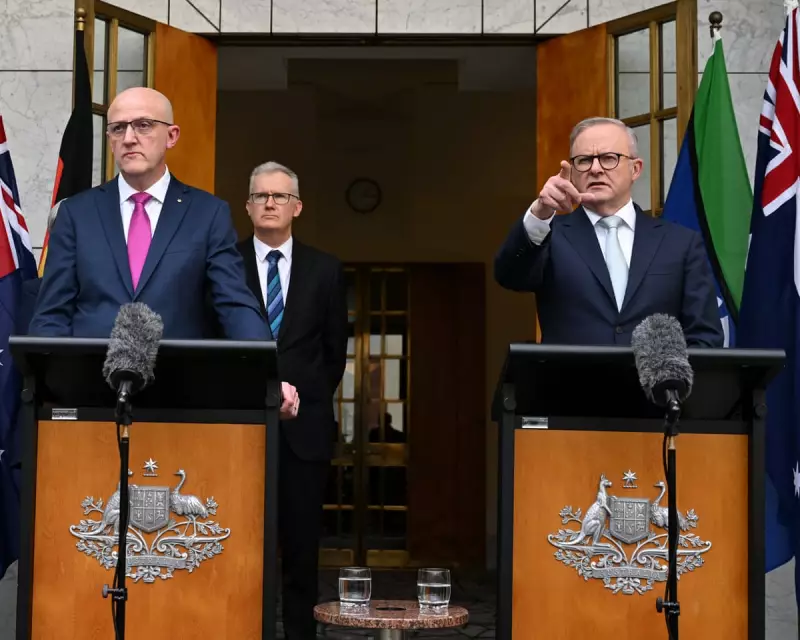
Anthony Albanese is undergoing a remarkable transformation. Once seen as a domestically-focused leader, the Australian Prime Minister is now projecting a commanding and assured presence on the international diplomatic circuit, earning recognition as a significant global player.
His journey onto the world stage, however, is fraught with a formidable array of challenges that would test even the most seasoned statesman.
Navigating the Geopolitical Tightrope
The core of Albanese's foreign policy tightrope walk remains the precarious balance between Australia's longstanding security ally, the United States, and its largest trading partner, China. This delicate dance was on full display during his recent swing through Southeast Asia, a region acutely sensitive to the ripples of this global power struggle.
His mission is clear: reassure regional partners of Australia's steadfast commitment without escalating tensions or appearing to be merely an extension of US foreign policy. It is a diplomatic high-wire act requiring immense nuance and skill.
The AUKUS Conundrum and Pacific Partnerships
Closer to home, the PM's ambitions are equally complex. The monumental AUKUS security pact, while strengthening ties with Washington and London, presents a mammoth implementation challenge. The transfer of nuclear submarine technology is a historic undertaking, mired in technical, financial, and political complexities that will define his premiership.
Simultaneously, Albanese is spearheading a 'Pacific Step-Up', aiming to rebuild bridges with neighbouring island nations. This involves countering the influence of other powers, notably China, by offering genuine partnerships built on climate action—a top priority for vulnerable low-lying nations—and economic cooperation.
From International Summits to Domestic Pressures
The Prime Minister's calendar is a whirlwind of international summits, from the G20 to the upcoming COP29 climate conference. At each, he is tasked with representing Australian interests while collaborating on crises that know no borders, such as climate change and regional security.
Yet, for all his growing stature abroad, Albanese cannot afford to let his domestic agenda falter. His government faces persistent pressure on cost-of-living issues and housing, reminding everyone that a leader's standing at home ultimately underpins their authority on the world stage.
Anthony Albanese's evolution into a confident international figure is a defining narrative of his government. How he manages this intricate web of global challenges will not only shape his legacy but also determine Australia's place in a rapidly evolving and increasingly volatile world order.





